Study provides the first information on post-larval scallop growth under ocean acidification conditions
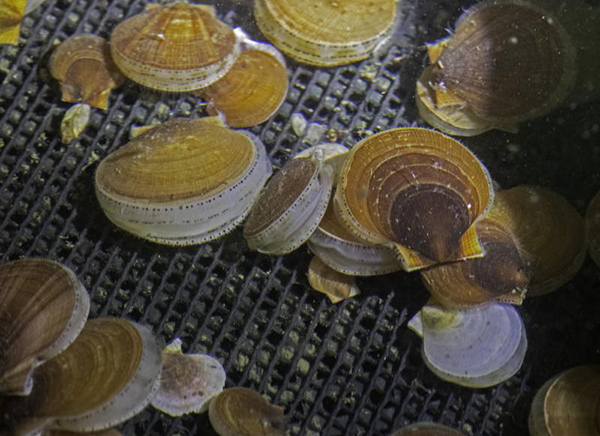
Ocean acidification conditions, projected between now and 2100, hinder the growth of juvenile Atlantic sea scallops, a new study has found.
The eight-week study, published in PLOS Climate, a collaboration between NOAA Fisheries and Massachusetts Maritime Academy in Buzzards Bay, Mass., provides the first information on post-larval scallop growth under ocean acidification conditions.
At the campus aquaculture lab, scientists exposed the scallops to three different carbon dioxide levels and measured their growth and metabolism, including feeding, respiration and excretion rates. Ocean acidification conditions significantly reduced the scallops’ ability to take up energy.
“This work describes the energetic balance of sea scallops under ocean acidification conditions for the first time, a species of economic and socio-cultural importance,” said Emilien Pousse, lead author and postdoctoral researcher. “Within our changing world, getting to know how our marine resources and fisheries could be affected by ocean warming and acidification in the near future is the key to anticipating the upcoming changes.”
The study findings indicate that juvenile scallops are vulnerable to ocean acidification and warming temperatures during short-term exposure. Less is known about their ability to acclimate when exposed to these conditions throughout their lives, or whether they can genetically adapt across multiple generations.
“Scallops have been around for 250 million years,” said Hart. “They may have something in their genome that allows them to adapt to increased carbon dioxide, but the only way to tell is to do the experiments.”
Scientists are refining their predictions for scallops by monitoring their habitat, conducting lab experiments that approximate current and future conditions and computer modeling.
“This allows us to identify areas where scallops are already or will soon experience conditions beyond their threshold of tolerance,” said Shannon Meseck, NOAA research chemist and co-author.
Scientists at NOAA Fisheries’ Milford Lab are currently following up on these findings with a three-year study to understand whether scallops may be able to adapt to changing ocean chemistry over multiple generations. They are using bay scallops because they are genetically similar to sea scallops and mature and reproduce more quickly.
They will measure survival, growth, development time and physiological processes including feeding and respiration. They aim to find out if the second or third generations of scallops grown in ocean acidification conditions show signs of adaptation.
Ocean acidification is caused by the ocean absorbing carbon dioxide from the atmosphere, resulting in chemical changes that increase acidity. Ocean warming may further hinder growth. Atlantic sea scallops support one of the most valuable fisheries in the United States, worth $670 million in 2021.
Follow the Advocate on Twitter @GSA_Advocate
Now that you've reached the end of the article ...
… please consider supporting GSA’s mission to advance responsible seafood practices through education, advocacy and third-party assurances. The Advocate aims to document the evolution of responsible seafood practices and share the expansive knowledge of our vast network of contributors.
By becoming a Global Seafood Alliance member, you’re ensuring that all of the pre-competitive work we do through member benefits, resources and events can continue. Individual membership costs just $50 a year.
Not a GSA member? Join us.
Author
-
Responsible Seafood Advocate
[103,114,111,46,100,111,111,102,97,101,115,108,97,98,111,108,103,64,114,111,116,105,100,101]
Tagged With
Related Posts
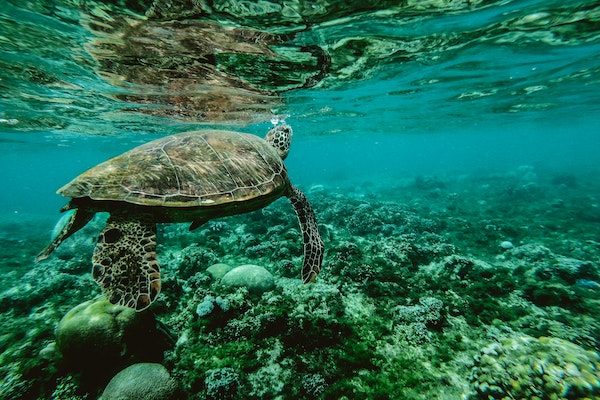
Responsibility
Hottest ocean temperature record set in 2022 for seventh consecutive year
Research says a record-high ocean temperature combined with greater salinity could create inhospitable ocean conditions for marine life.
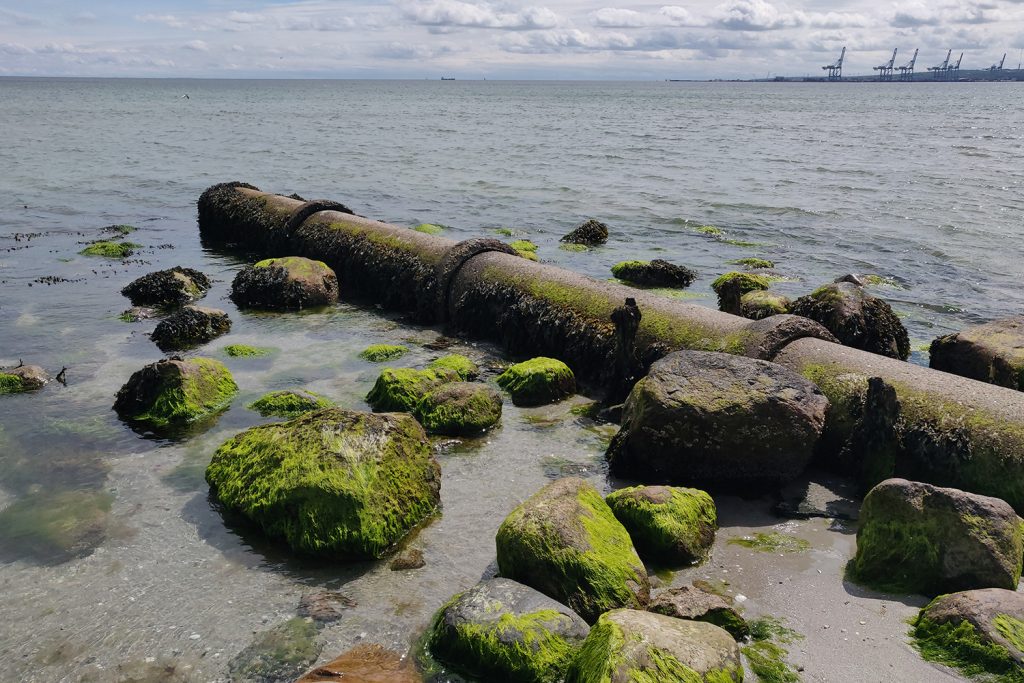
Responsibility
Ocean acidification isn’t just a carbon story – it’s also about nitrogen
Dr. Barry Costa-Pierce on the connection between nitrogen, carbon dioxide and ocean acidification, and the importance of restorative aquaculture.
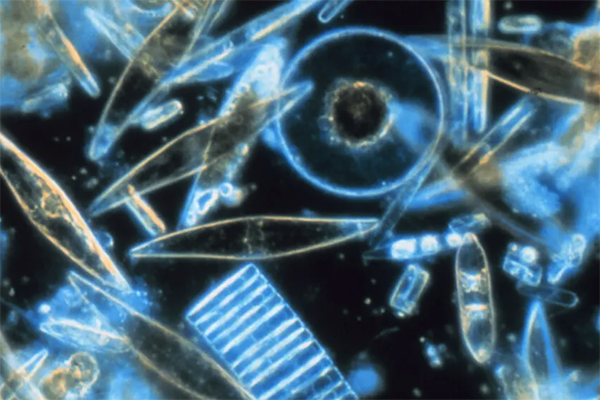
Intelligence
Ocean acidification poses a greater threat to marine diatoms: study
Believed to be less susceptible to the effects of ocean acidification, marine diatoms could struggle to form silica-based shells, new research shows.
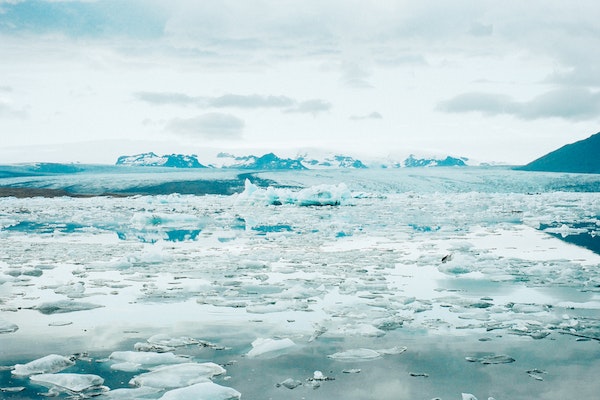
Responsibility
Fast-melting Arctic ice may contribute to an ‘extraordinary increase’ in ocean acidification
A study has found an “extraordinary increase” in ocean acidification and a strong correlation with the increasing rate of Arctic ice melting.



